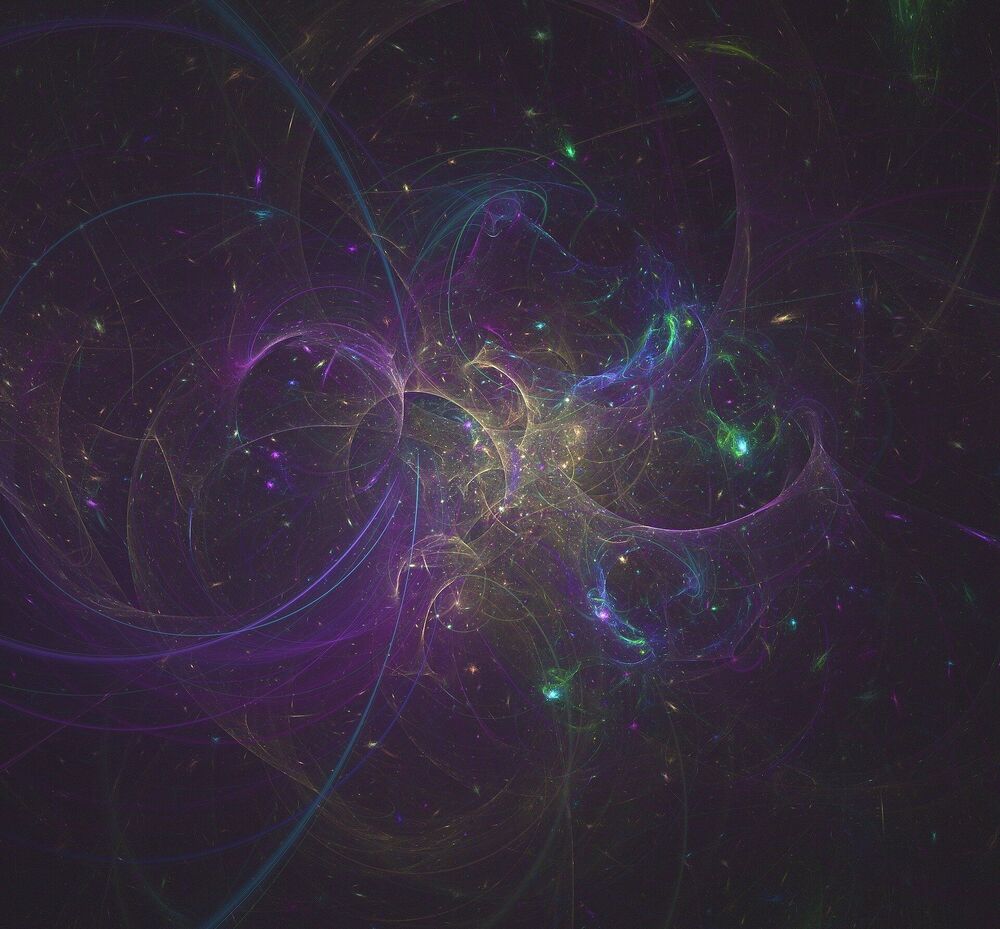Imagine a dust particle in a storm cloud, and you can get an idea of a neutron’s insignificance compared to the magnitude of the molecule it inhabits.
But just as a dust mote might affect a cloud’s track, a neutron can influence the energy of its molecule despite being less than one-millionth its size. And now physicists at MIT and elsewhere have successfully measured a neutron’s tiny effect in a radioactive molecule.
The team has developed a new technique to produce and study short-lived radioactive molecules with neutron numbers they can precisely control. They hand-picked several isotopes of the same molecule, each with one more neutron than the next. When they measured each molecule’s energy, they were able to detect small, nearly imperceptible changes of the nuclear size, due to the effect of a single neutron.
